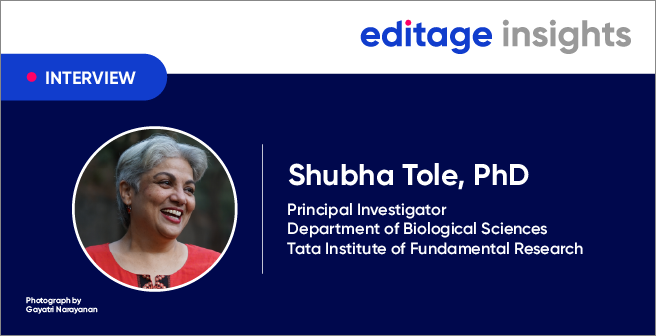Pursuing a PhD is both a privilege and a test of character

<< WARNING: I OVERUSE LISTS. >>
Yesterday I was reading a blog post on the “unspoken dark side” of getting a PhD. In the article, the author shared his struggle during his post-graduate studies and described how academia is a hotspot for depression and poor mental health (based on scientific surveys).
I fully agree that getting a PhD (or a Master’s) can carry you down a road filled with tests and pitfalls. Indeed, the possible issues during post-graduate studies are numerous:
- STRESS
- Unsupportive/absent adviser
- Minimal/absent social interactions at work
- Uncertainty about the future
- Daily/frequent/obnoxious self-doubt
- Roller-coaster productivity/motivation
- Academic experience falling short of expectations
- MORE STRESS
I did see people not enjoying post-graduate studies and I did experience first hand some of the above. Indeed, my jaw blocked shut because I processed my stress grinding my teeth in my sleep. Pursuing post-graduate studies is definitely a test of how you address being stressed. However, I don’t think we should “accept depression as part of the course” and I disagree with saying that there is a psychological cost to a PhD. You might as well just say there is a psychological cost to life; depression, isolation or struggle is not reserved to highly trained, brainy, isolated PhD candidates. You might lose someone close to you; fall ill to some terrible sickness; or just stop seeing the light in a perfectly balanced life. Such is the faith of humans; the brain equilibrium is probably our greatest Achilles’ heel.
I can’t speak for all domains, but I thought we were forgetting a massive thing here: Having the possibility of pursuing a PhD degree is a great PRIVILEGE one should acknowledge and celebrate.

Art created by vinaquero@gmail.com, https://www.instagram.com/vinaquero/
What should you celebrate?
- Work in a field or on a subject that you chose
- Realize yourself through your work
- Keep learning
- Make your own schedule
- Be in contact with curious, educated, informed human beings
- Have the opportunity to travel and meet people around the world
- Have easy access to further training
- Make a contribution to society, as tiny as it might be
- Be paid for all the above (at least in Biology)
As I enter the last part of my post-graduate training, I realize the luck (which I also earned through hard work and discipline, #earnednotgiven) I had in the last three years and how I enjoyed it. I also plan to keep remembering this every day until the defense, through good and bad days.
Here is what I am grateful for:
- A great adviser and co-adviser that complement each other well.
- An outstanding support system, both at home and with my family and friends.
- A research center that provides priceless professional services.
- Healthy finances.
- Loving what I do: learning, research, analyses, coding, teaching, EVERYTHING!
- Being disciplined with a flexible schedule.
- Sleeping easily, always.
You’re starting a Ph.D.? Here’s some advice.
Yes, sometimes I shiver contemplating all the uncertainty my future holds. But then I remember the vastness of opportunity tomorrow offers me, and I feel electrified and thrilled.
Do you?
Isabelle Laforest-Lapointe (@Isabel_Laforest) is a Postdoctoral fellow on maternity leave, post which she will start a position as Assistant Professor in January 2020 at the Université de Sherbrooke. This story was published on November 13, 2015 on Dr. Laforest-Lapointe’s blog (available here), and has been republished here with her permission.




